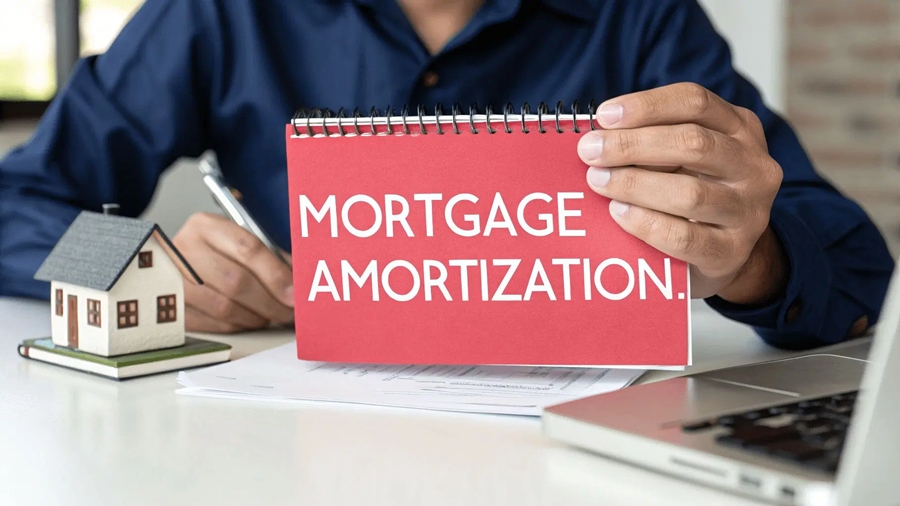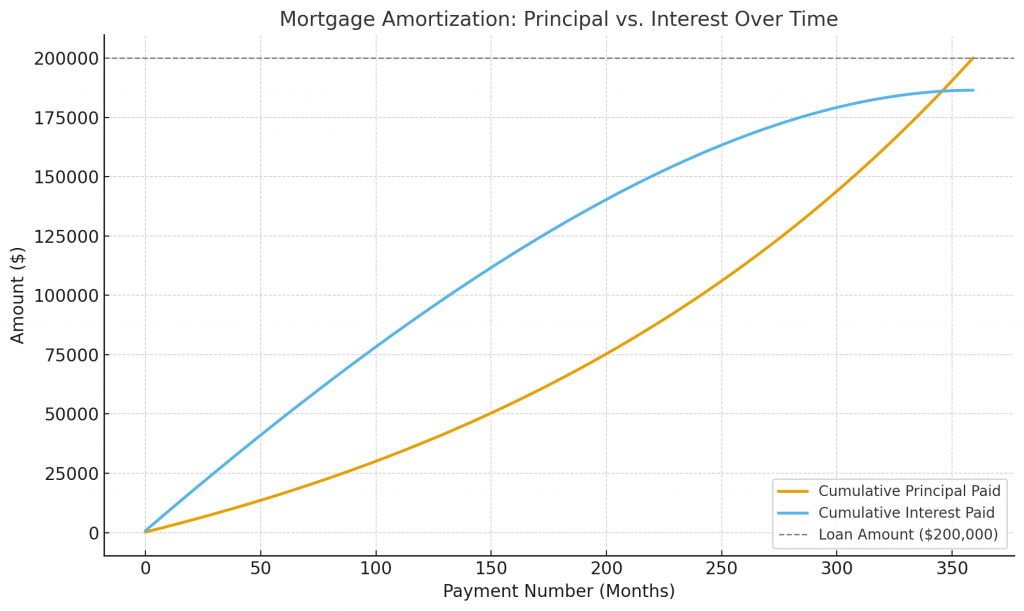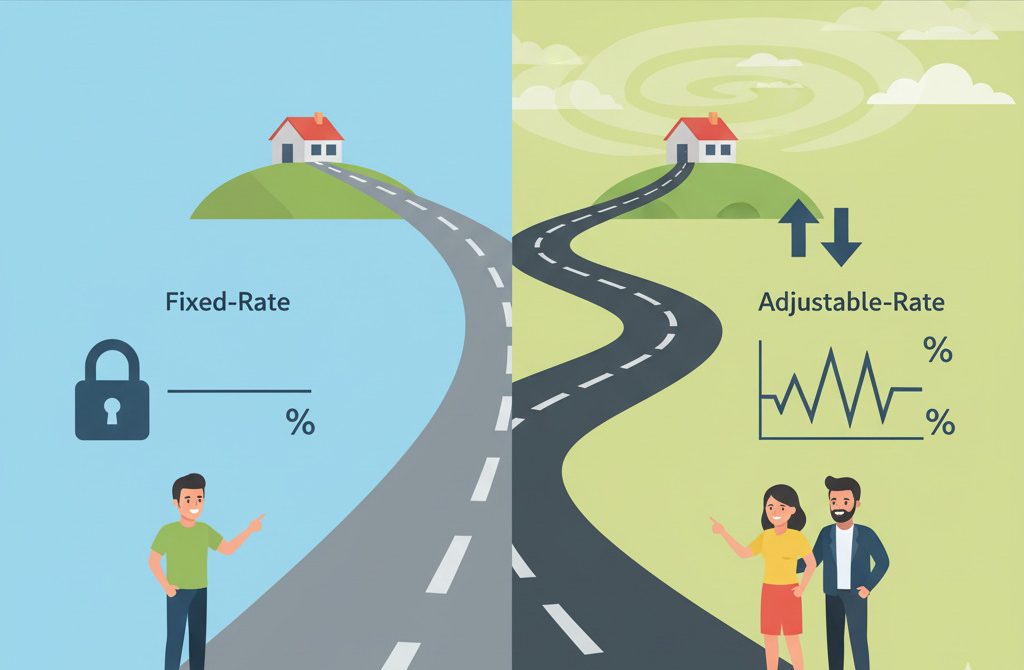
When applying for a home loan, lenders look at many factors—income, savings, debt, and more. But one of the most influential is your credit score. Your credit score acts as a snapshot of your financial reliability and plays a major role in determining the mortgage rate you’ll be offered. A higher credit score can save you tens of thousands of dollars over the life of your loan, while a lower score may cost you significantly more. In this guide, we’ll explore the relationship between credit score and mortgage rates, why it matters, and how to boost your chances of securing the best deal.
What Is a Credit Score?
A credit score is a three-digit number, typically ranging from 300 to 850, that reflects your creditworthiness. It’s based on your credit history, including:
- Payment history – Do you pay bills on time?
- Credit utilization – How much of your available credit do you use?
- Length of credit history – How long you’ve had active accounts.
- Types of credit – Mix of credit cards, loans, and mortgages.
- New credit inquiries – Recent loan or credit applications.
The higher your score, the less risky you appear to lenders.
How Credit Scores Impact Mortgage Rates
Lenders use credit scores to determine the interest rate on your mortgage. Here’s how:
- High credit scores (740 and above): Access to the best rates, lower monthly payments.
- Mid-range scores (670–739): Competitive rates, but not the lowest.
- Low scores (below 670): Higher interest rates, stricter requirements, or even loan denial.
For example:
- A borrower with a 760 credit score may get a 6.2% interest rate.
- A borrower with a 640 credit score might only qualify for 7.5%.
Over a 30-year mortgage, that difference can add up to tens of thousands of dollars.
Why Credit Scores Matter for Lenders
Lenders view credit scores as a way to measure risk. A higher score suggests:
- You’re more likely to repay the loan on time.
- You’ve managed debt responsibly.
- You’re a lower risk, meaning they can offer lower rates.
Lower scores, on the other hand, signal higher risk, leading lenders to increase rates or require larger down payments.
Factors Beyond Credit Score That Affect Mortgage Rates
While your credit score is critical, other elements also impact your mortgage rate:
- Down payment size – Larger down payments lower lender risk.
- Loan type – Fixed-rate, adjustable-rate, FHA, VA, and other loans have different requirements.
- Loan term – Shorter terms (15 years) often come with lower rates than 30-year terms.
- Debt-to-income ratio (DTI) – Lower DTI ratios improve loan terms.
- Market conditions – Economic factors and central bank policies influence mortgage rates globally.
Strategies to Improve Your Credit Score Before Applying for a Mortgage
Improving your credit score takes time, but the payoff can be significant. Here are practical steps:
- Pay bills on time – Late payments hurt your score the most.
- Reduce credit card balances – Keep utilization below 30%.
- Avoid opening new accounts right before applying for a mortgage.
- Check your credit report for errors and dispute inaccuracies.
- Build a longer history by keeping old accounts open.
- Diversify credit responsibly (e.g., mix of installment and revolving credit).
Credit Score and Mortgage Rate Cost Comparison
Here’s an example of how different credit scores can impact mortgage interest rates and the total amount paid over a 30-year, $250,000 fixed-rate loan:
| Credit Score Range | Estimated Interest Rate | Monthly Payment (Principal + Interest) | Total Interest Paid Over 30 Years | Total Cost of Loan |
|---|---|---|---|---|
| 760–850 (Excellent) | 6.0% | $1,499 | $289,673 | $539,673 |
| 700–759 (Good) | 6.4% | $1,562 | $312,502 | $562,502 |
| 660–699 (Fair) | 6.8% | $1,631 | $336,986 | $586,986 |
| 620–659 (Poor) | 7.5% | $1,748 | $379,187 | $629,187 |
| Below 620 (Very Poor) | 8.5% | $1,922 | $443,883 | $693,883 |
Key Takeaways
- Even a 1–2% difference in mortgage rates can cost you $50,000–$100,000 more over the life of the loan.
- A higher credit score means lower monthly payments, making your mortgage more affordable.
- Preparing your credit in advance could save you years of financial stress.
FAQs on Credit Score and Mortgage Rates
What credit score do I need to get the best mortgage rates?
Generally, scores above 740 qualify for the most competitive rates.
Can I get a mortgage with bad credit?
Yes, but you may face higher rates, need a bigger down payment, or require specialized loan programs.
How much does a low credit score increase mortgage costs?
Even a 1% higher interest rate can cost tens of thousands over a 30-year loan.
Does checking my own credit score affect it?
No, self-checks (soft inquiries) do not impact your score.
How long does it take to improve a credit score?
Improvements may show within 3–6 months, but significant changes can take longer.
Can paying off debt improve my score quickly?
Yes, especially credit card balances, which affect utilization rates.
Do lenders use the same credit score I see online?
Not always—lenders may use FICO or VantageScore models, which can differ.
Does a higher down payment offset a low credit score?
It can help reduce lender risk, but you may still face higher interest rates.
Can I get pre-approved with a low credit score?
Yes, but the loan amount and rate may be less favorable.
Will co-signing with someone improve my mortgage rate?
If the co-signer has strong credit, it can improve approval chances and potentially rates.
Should I apply with multiple lenders to compare rates?
Yes, multiple applications within a short window usually count as one inquiry.
Does closing old credit accounts help my score?
No, it can actually hurt by shortening your credit history.
Conclusion
Your credit score and mortgage rates are closely connected, and even a small improvement in your score can lead to major savings over the life of your loan. By understanding how lenders use credit scores, taking steps to improve your financial profile, and comparing loan offers, you can position yourself to secure the best possible mortgage terms.
If homeownership is on your horizon, start focusing on your credit score today—it could be the key to unlocking significant long-term savings.

Ahmad Faishal is now a full-time writer and former Analyst of BPD DIY Bank. He’s Risk Management Certified. Specializing in writing about financial literacy, Faishal acknowledges the need for a world filled with education and understanding of various financial areas including topics related to managing personal finance, money and investing and considers investoguru as the best place for his knowledge and experience to come together.









